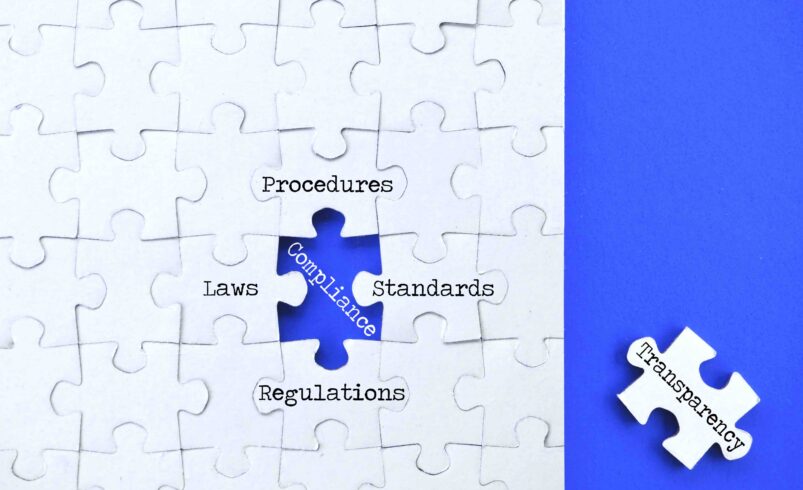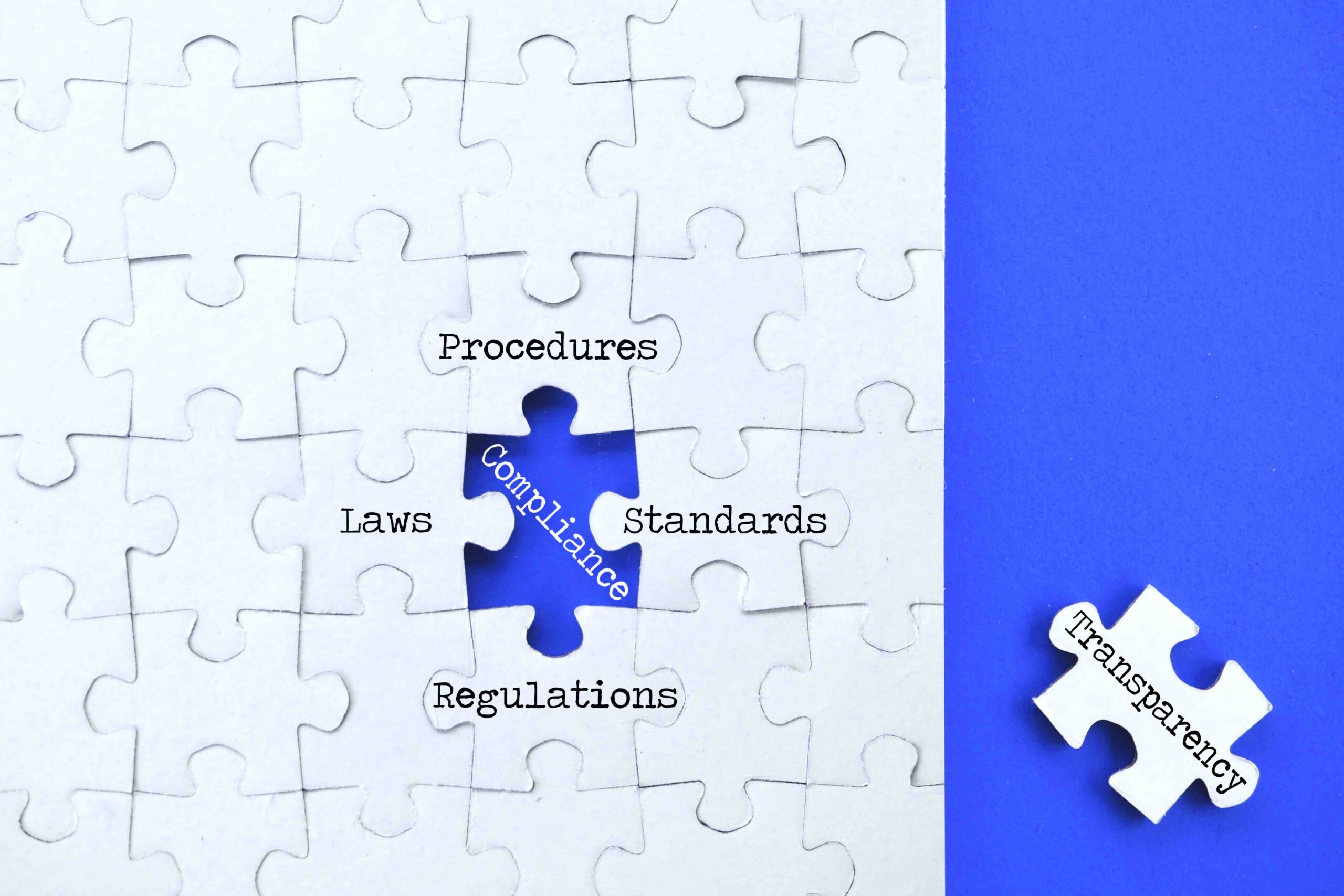
Accountability vs. Blame: The Importance of Fostering an Accountability Culture in Healthcare
Introduction
In the complex, fast-paced realm of healthcare, mistakes are bound to happen. But how an organization responds to these errors can either foster a culture of growth and improvement or propagate a toxic environment that hampers progress. Two concepts that are often confused in this scenario are “accountability” and “blame.” Understanding the nuances between the two is vital for healthcare organizations that aim to improve patient outcomes, staff well-being, and operational efficiencies. This blog post will delve into the differences between accountability and blame and will explore why establishing an accountability culture is essential in healthcare settings.
Accountability vs. Blame: A Fine Line
Defining Accountability
Accountability is the responsibility of an individual or organization to accept the consequences of their actions. It involves being answerable for one’s decisions and having the courage to admit mistakes and learn from them. Accountability is proactive and focuses on solving problems and making adjustments for the betterment of the organization as a whole.
Understanding Blame
Blame, on the other hand, is the act of attributing fault or responsibility for a mistake to an individual or group, often without analyzing the root cause of the problem. A blame culture is reactive and punitive, concentrating on finger-pointing rather than resolving the issue or mitigating its consequences.
The Thin Line
While both terms involve ownership of actions, the line between them is often blurred in a high-pressure, emotionally charged environment like healthcare. When a mistake occurs, the knee-jerk reaction might be to find a culprit, but such an approach does little to prevent future errors or improve systemic issues.
Why Accountability Matters in Healthcare
Safety and Patient Outcomes
The most compelling reason for fostering an accountability culture is the direct impact it has on patient safety and outcomes. When healthcare professionals are accountable, they are more likely to follow protocols diligently, double-check their work, and report errors or issues promptly. This level of vigilance inevitably leads to better patient care.
Continuous Improvement
Accountability encourages a mindset of continuous improvement. When healthcare providers are accountable, they seek feedback and look for ways to enhance their skills and knowledge. This is vital in an industry that is constantly evolving with technological advancements and new research findings.
Team Cohesion
An accountability culture also positively influences team dynamics. When everyone takes responsibility for their actions, there is less defensiveness and more open communication. This results in stronger, more cohesive teams that can work together effectively to deliver high-quality patient care.
Legal and Ethical Implications
Healthcare organizations are subject to numerous regulations aimed at ensuring patient safety and quality of care. An accountability culture helps organizations to stay compliant with these regulations, thereby reducing legal risks. Moreover, accountability aligns well with the ethical obligations healthcare providers have towards their patients.
The Perils of a Blame Culture
Stifles Reporting
In a blame culture, healthcare professionals are often afraid to report errors or near misses for fear of punishment. This results in missed opportunities for learning and improvement.
Increases Stress
A punitive environment increases stress levels among healthcare providers, which not only affects their well-being but can also compromise patient safety.
Impedes Innovation
When individuals are afraid of being blamed for mistakes, they are less likely to take calculated risks or think outside the box. This lack of innovation can be detrimental to the progress of healthcare services.
Shifting from Blame to Accountability
Leadership and Training
The first step in this transformation is for leadership to model accountability and provide training that helps staff differentiate between accountability and blame.
Open Communication
Encourage an open-door policy where staff feel comfortable discussing mistakes, learning from them, and finding systemic solutions.
Systemic Analysis
Instead of focusing on individual errors, look at mistakes as indicators of systemic issues that need to be addressed.
Positive Reinforcement
Use positive reinforcement to celebrate the behavior that shows accountability. Recognizing and rewarding responsible actions will encourage a culture of accountability.
Conclusion
Fostering an accountability culture is not just a theoretical concept; it has tangible benefits that can drastically improve healthcare settings in various dimensions, from patient outcomes to staff morale, to compliance with legal standards. The dichotomy between accountability and blame is crucial to understand for anyone involved in healthcare. By promoting accountability and eschewing a blame culture, healthcare organizations can position themselves for ongoing learning, continuous improvement, and ultimately, better healthcare delivery.
So the next time a mistake occurs, remember that the key isn’t to find someone to blame, but rather to understand what went wrong and how to prevent it in the future. In doing so, we can all contribute to a more effective, humane, and resilient healthcare system.






